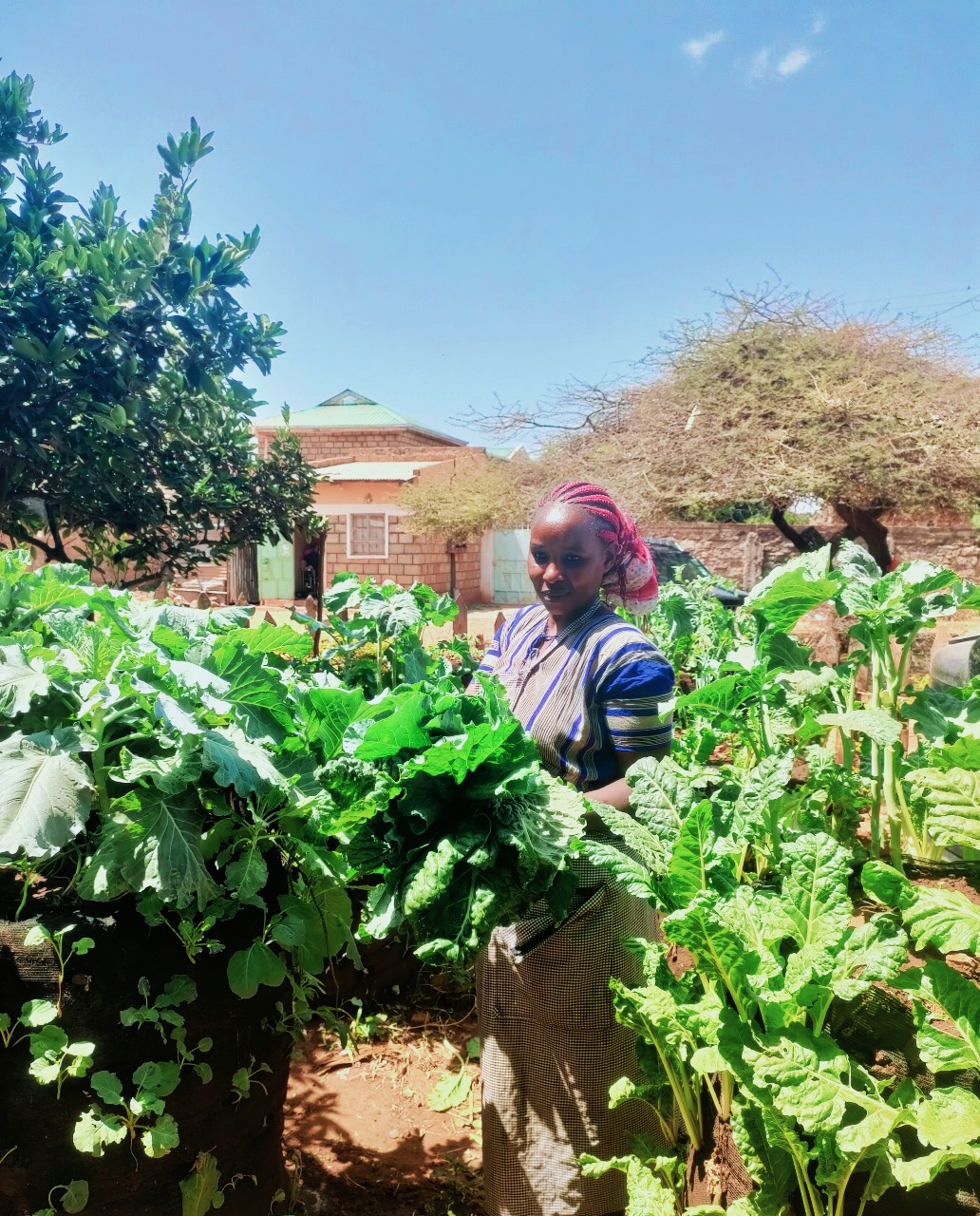Economic Empowerment in Arid Lands
Women in pastoralist communities face structural barriers to financial independence. Limited access to credit, markets, education, and land ownership restricts their ability to generate income and build resilience. QPI’s Livelihood Development Program breaks these barriers by equipping women with entrepreneurial skills, access to microfinance, and climate-smart practices that build resilient local economies.
Economic Empowerment via VSLAs
Village Savings and Loan Associations (VSLAs) are self-managed savings groups that allow women to collectively save and borrow small loans. QPI trains women to manage these groups, instilling financial discipline, accountability, and group solidarity. These savings go toward school fees, health emergencies, business start-ups, and other critical needs. In regions with limited or no access to banks, VSLAs provide an essential financial service. More than 1,000 women across northern Kenya have benefitted from this program, improving their economic status and social standing in their communities.
Entrepreneurship and Financial Literacy
Through tailored training programs, QPI teaches budgeting, investment, business development, and market analysis. Women learn to identify gaps in the market such as tailoring services, mobile money transfers, food vending and develop plans to launch profitable ventures. The financial literacy component helps women track income and expenses, set financial goals, and avoid debt traps. Many women who started as learners are now group leaders, mentoring others in their entrepreneurial journey.
Climate-Smart Agriculture Integration
Recognizing the growing impact of climate change, QPI promotes environmentally sustainable practices such as drought-resistant crops, zero-tillage farming, organic fertilizers, and efficient water use. These interventions not only improve yields but also restore degraded lands and reduce vulnerability to climate shocks. Farmers are linked to agriculture extension officers and are trained to collect rainfall data, enabling them to plant during the optimal window and conserve inputs.
Collaborative Market Linkages
QPI connects women’s cooperatives to buyers and markets beyond their localities. Whether it’s camel milk, beadwork, honey, or indigenous herbs, the organization facilitates training on branding, packaging, licensing, and e-commerce. Market linkages with hotels, urban markets, and export traders have expanded women’s earnings and diversified their income streams. Additionally, QPI promotes cooperative business models that allow groups to bulk produce and negotiate better prices collectively.
Measuring Outcomes
QPI conducts regular monitoring and evaluation to assess program effectiveness. Data shows an increase in household income, women’s ownership of assets like goats and mobile phones, and improved self-esteem among beneficiaries. School retention rates, especially among girls, have improved as mothers can now afford fees and supplies. The ripple effect of this program is visible in stronger families, more vibrant markets, and enhanced social cohesion.

